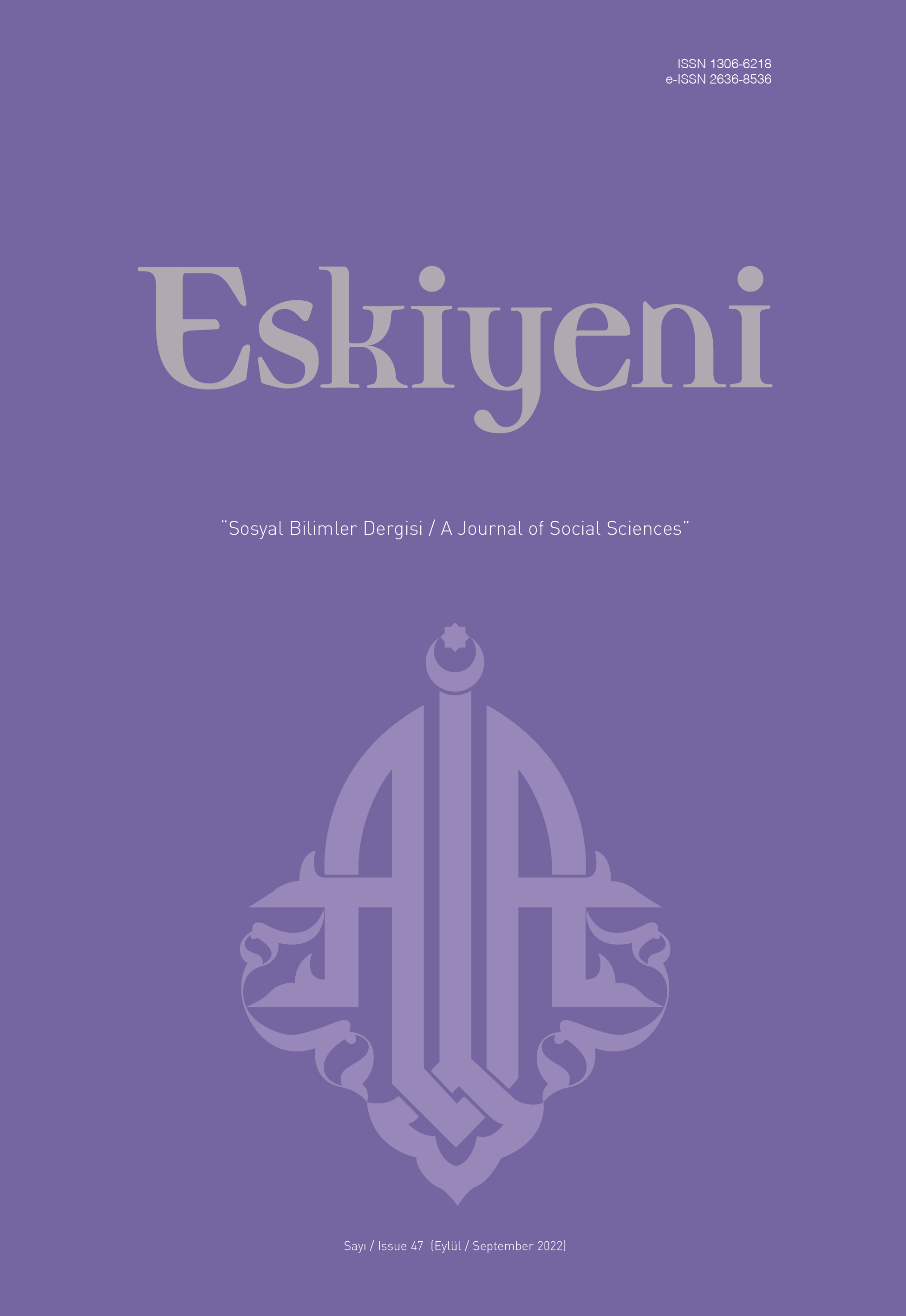Immanuel Kant Bir Faydacı Olabilir mi? Kant’ın, Deneyci Ahlâk Teorilerine Yönelik Eleştirileri
Could Immanuel Kant be a Utilitarian? Kant’s Criticisms of Empiricist Moral Theories
Author(s): Fatıma Güner,Subject(s): Ethics / Practical Philosophy, Social Philosophy, 19th Century Philosophy, German Idealism
Published by: Anadolu İlahiyat Akademisi
Keywords: History of Philosophy; Moral Philosophy; Ethics; Immanuel Kant; Utilitarianism; Kantian Ethics; Kant’s critiques of Empiricist Moral Theories;
Summary/Abstract: When it comes to moral philosophy, one of the first thinkers that come to mind is Immanuel Kant. What makes Kant so important is that he rejected all moral teachings that had been dominant from Antiquity to the Modern Period and his effort to expound upon the possibility of moral law based on pure reason. Throughout the history of modern philosophy since the Enlightenment, Kant's moral philosophy has been understood in opposition to all empirical moral theories, and Kant's morality of duty has often been read and interpreted as a criticism against the empiricist approach to morality. Such an appraisal is due to the fact that the empiricist approach to moral theories is considered by Kant as a danger that threatens the roots of morality, as can be seen in his works Groundwork of the Metaphysics of Morals and Critique of Practical Reason.
Journal: Eskiyeni
- Issue Year: 2022
- Issue No: 47
- Page Range: 489-516
- Page Count: 28
- Language: Turkish

